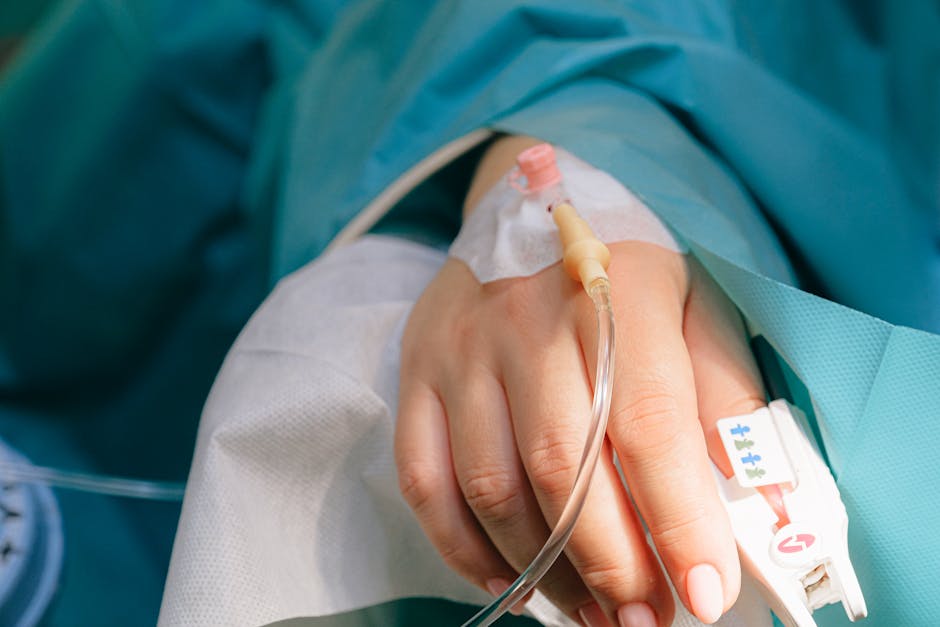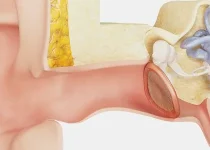Acne: Causes, Treatments, And Prevention
Acne is a common skin condition that affects people of all ages. It is caused by a combination of factors, including hormones, bacteria, and clogged pores. Acne can be frustrating and embarrassing, but it is usually treatable.
**What Causes Acne?**
Acne occurs when sebaceous glands, which are located beneath the skin, produce too much oil. This oil can clog pores, creating a breeding ground for bacteria. The bacteria can cause inflammation and swelling, which leads to pimples.
Hormonal changes during puberty can trigger acne. Androgens, which are hormones that increase during puberty, stimulate the sebaceous glands to produce more oil.
Other factors that can contribute to acne include:
* Diet: A diet high in processed foods, sugar, and dairy products can worsen acne.
* Stress: Stress can trigger acne by increasing the production of hormones that stimulate the sebaceous glands.
* Medications: Some medications, such as corticosteroids and oral contraceptives, can cause acne as a side effect.
**What Are the Symptoms of Acne?**
Acne can appear in different forms, including:
* Blackheads: Small, black bumps that are caused by clogged pores.
* Whiteheads: Small, white bumps that are caused by clogged pores that are closed at the surface.
* Papules: Small, red bumps that are caused by inflamed hair follicles.
* Pustules: Small, red bumps that are filled with pus.
* Nodules: Large, painful bumps that are located deep in the skin.
* Cysts: Large, pus-filled bumps that can cause scarring.
**How Is Acne Treated?**
There are a variety of treatments for acne, including:
* Over-the-counter medications: Over-the-counter acne medications can help to reduce inflammation and kill bacteria. These medications are available in the form of gels, creams, and lotions.
* Prescription medications: Prescription acne medications are more effective than over-the-counter medications. These medications can help to reduce inflammation, kill bacteria, and unclog pores.
* Laser therapy: Laser therapy can help to reduce the appearance of acne scars.
* Chemical peels: Chemical peels can help to improve the appearance of acne by removing the top layer of skin.
* Surgery: Surgery may be necessary to treat severe acne that does not respond to other treatments.
**How Can Acne Be Prevented?**
There is no surefire way to prevent acne, but there are some things you can do to reduce your risk of developing acne:
* Wash your face twice a day with a gentle cleanser.
* Avoid harsh scrubs and soaps.
* Use non-comedogenic makeup and skincare products.
* Eat a healthy diet.
* Manage stress.
* Get enough sleep.
**If you have acne, it is important to see a dermatologist to discuss the best treatment options for you.**


